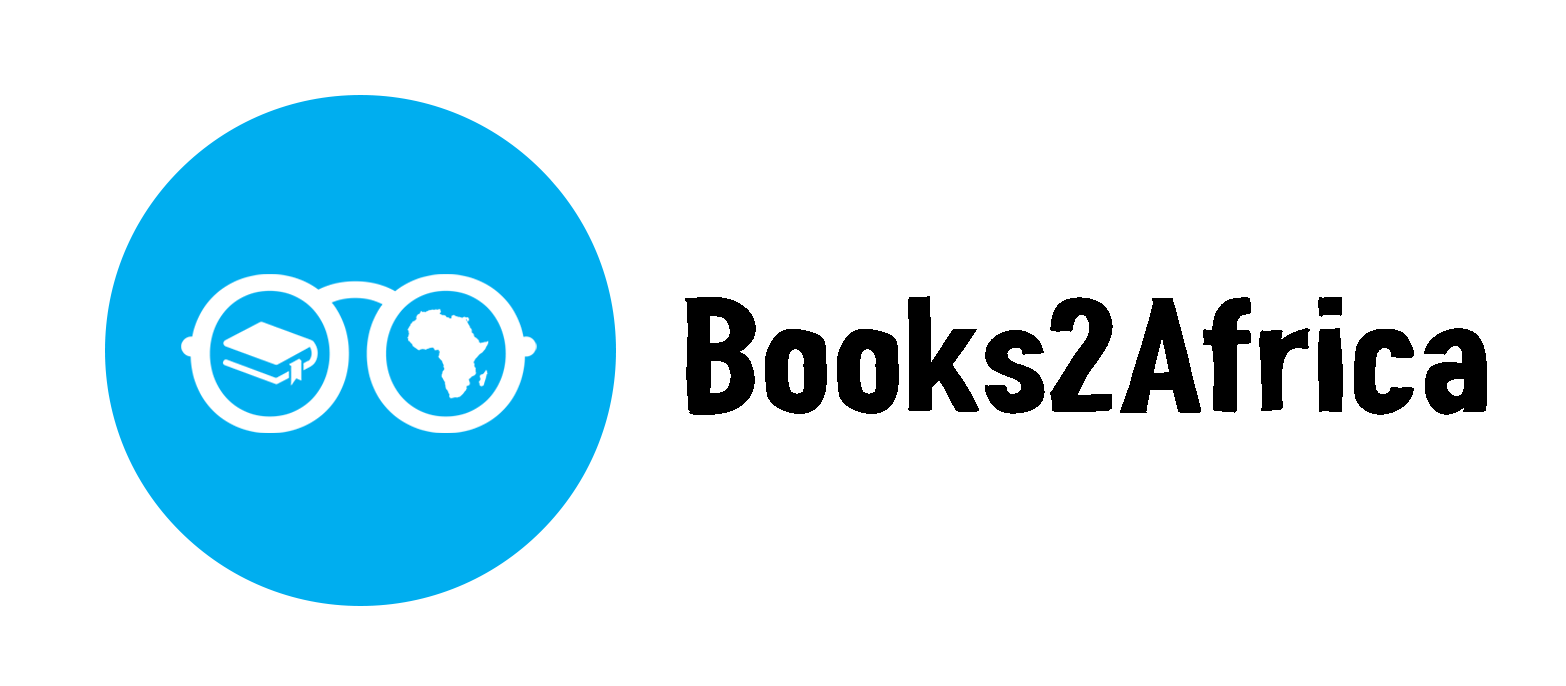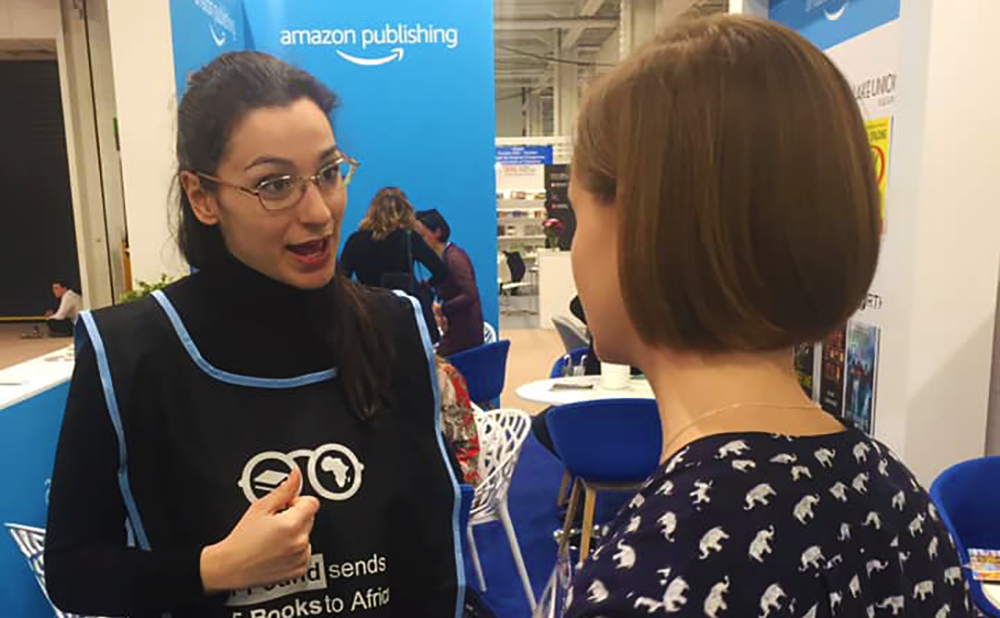The main purpose of attending the London Book Fair was to make Books2Africa known to a new audience, and to attract new donors and sponsors. In addition, we had the honour of having contact with publishers that already work with us and improve these relationships. At the end of the day, the organization achieved at least the main goal: raise awareness about Books2Africa to people who might not have heard of the charity. Personally, I feel we, as volunteers, gained a lot more from this experience.
Planning and preparing as a team
First of all, we both worked individually and as part of a group. We worked together to find the best prices for the train tickets to London, used the underground and arrived at the fair on time to take pictures and share them on social media. We needed to trust each other, to think quickly on our own but act all together as a team. This has strengthened our interpersonal skills in a professional environment that is not the usual Books2Africa Processing Centre where we work. While improving the presence of the organisation on social media, we were mindful to avoid any personal actions that would jeopardise the organization’s image. The synergy we created through these little actions set the mood for the rest of day and will certainly continue after we return to our offices in Canterbury. A perfect example of this new team dynamic is this report that is the result of a collective effort.
The event and individual contributions
The London Book Fair was a professional and exciting environment. None of us had attended an event of that size or calibre previously. As soon as we arrived, we looked for our partners such as Macmillan Education to take pictures together and demonstrate our presence at the event. We then decided which parts of the hall and stands we wanted to visit and each set-off on our personal journey. We talked with dozens of people from various publishing companies and sometimes we encountered very rude people. Many of them were busy or just not available to talk with representatives of a charity. However, we took the challenge with optimism and tried to do our best. Firstly, I talked about the possibility of collaborating with us as an opportunity for them to boost their image. Indeed, we not only improve the quality of education for thousands of people in Africa, we also try to reduce the huge waste created by books that are thrown away in the UK. Many companies welcomed the occasion to become “eco-friendly” and attract responsible consumers to their firm. Secondly, I thought it was worth noting that our charity possesses the Special Consultative Status with the United Nations Economic and Social Council. This approach worked with small business companies that surely use this sort of event to increase their credibility on the market. We also handed out various leaflets and collected some with email addresses of companies who showed an interest in possible collaboration or association.
My colleagues and I surely improved our communication skills, our adaptability and creativity.
Future Improvements
As said before, the opportunity to attend this event has had an important impact for both the organisation as well as for us the volunteers. We learnt a lot from this experience that could be improved for future success. Firstly, even though we underestimated the magnitude of this event, we managed the situation very well. With more preparation, perhaps through speaking with people that had already attended in previous years, the volunteers that will attend next time will achieve more. Secondly, we did not realise the relevance of booking appointments with firms’ representatives before hand and could not talk with all the people we wished. Many of them were too busy to listen to our brief presentation or sometimes they did it without paying real attention because they were thinking of their next meeting. Probably, booking appointments with publishing companies previously could fix the problem and make them feel more comfortable speaking with volunteers.

